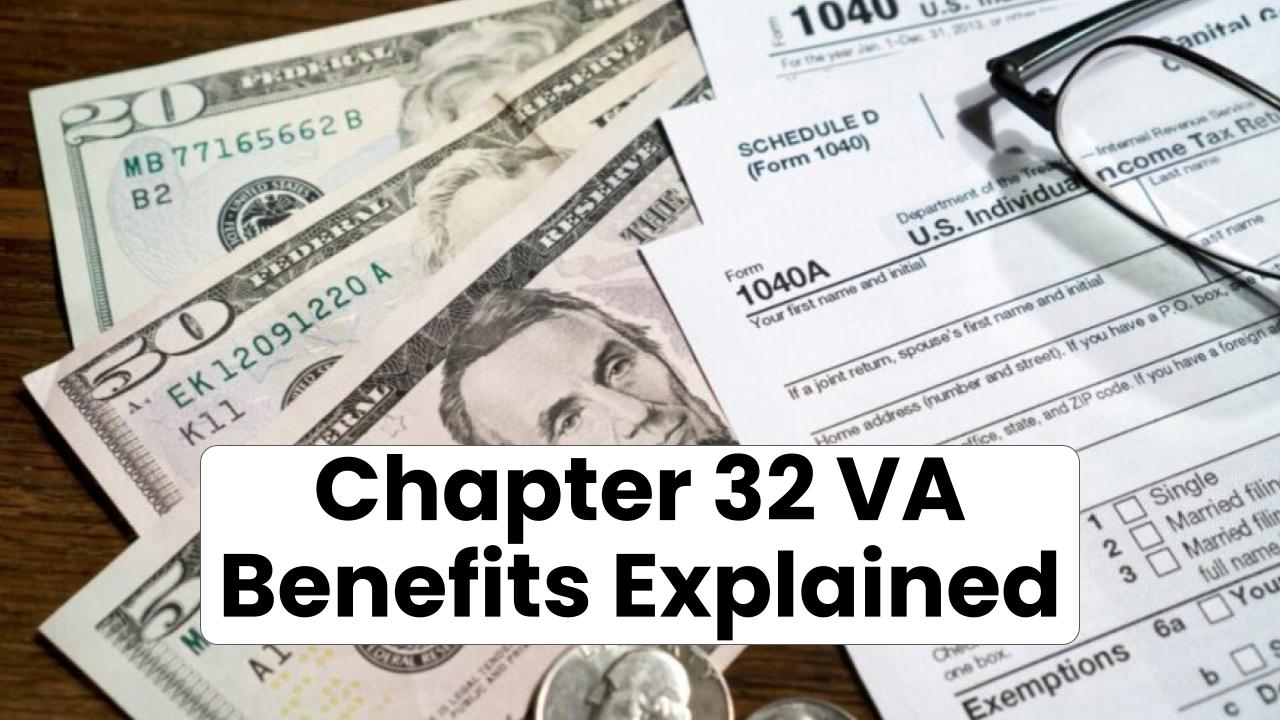The government’s salary and pension structure could be about to see a big shift. As news breaks about the 8th Pay Commission Fitment Factor leak, millions of central government employees and pensioners are wondering how it might affect their pockets. The Fitment Factor, which determines the new pay structure under the 8th Pay Commission, is projected to fall between 1.83 to 2.46. But what does this mean for the everyday government worker? How will it impact pensioners? And most importantly, how soon can we expect these changes to roll out?

We’re here to break it all down for you in the most straightforward way. This guide will provide clear insights into the likely salary changes, the timeline for implementation, and what employees can do now to prepare for these adjustments.
8th Pay Commission Fitment Factor Leak
| Key Information | Details |
|---|---|
| Fitment Factor Range | Between 1.83 and 2.46 |
| Expected Salary Increase | 30% to 34% for government employees |
| Impact on Pensioners | Slightly lower increase compared to active employees |
| Implementation Date | Likely between 2026-27, delayed from 2026 |
| Official Resource | Government Pay Commission Portal |
The 8th Pay Commission is poised to bring substantial changes to the pay structure of central government employees and pensioners, with salary hikes of up to 30-34%. Though we are still awaiting the final announcement, the estimated fitment factor of 1.83 to 2.46 promises a significant financial boost for millions of government workers.
Whether you’re an employee or a pensioner, now is the time to get familiar with the potential impacts and start preparing. Make sure to track official announcements and review your budget to make the most of these changes once they roll out.
What is the 8th Pay Commission Fitment Factor?
Before we dive into the details of the leak, let’s first take a moment to understand what the 8th Pay Commission Fitment Factor is. The Fitment Factor is a multiplier that the government uses to determine how much the salary of its employees will increase. This number is crucial because it decides the new pay scale for millions of central government employees.
The fitment factor has been a topic of significant importance in India’s public sector. When the government sets up a new pay commission, they look at multiple factors—such as inflation, rising costs of living, and the economic status of the country—before deciding on the fitment factor. For context, the 7th Pay Commission used a fitment factor of 2.57.
How Does This Impact Your Salary?
Let’s say you currently make ₹50,000 as your basic salary. The fitment factor directly affects how much your salary will go up. Here’s a breakdown of how the new fitment factor would work for you:
- If the government adopts a fitment factor of 1.83, your salary could increase to around ₹91,500.
- With a fitment factor of 2.15, you could see your salary rise to around ₹107,500.
- In the case of a fitment factor of 2.46, your salary could go up to around ₹123,000.
As you can see, the salary hike could be substantial, which is why the news about the 1.83 to 2.46 fitment factor has everyone in the government sector excited.
What’s the Timeline for the 8th Pay Commission?
The question on everyone’s mind right now is, “When will the 8th Pay Commission be implemented?” Initially, the 8th Pay Commission was expected to kick in by January 2026. However, there have been indications that this might be delayed. The Commission has yet to be formally constituted, and crucial decisions like the Terms of Reference (ToR) are still pending.
Looking at the historical pattern from the 7th Pay Commission, which took between 18-24 months for full implementation after its announcement, it’s reasonable to assume that the 8th Pay Commission’s rollout may extend into the financial year 2026-27.
How Does the 8th Pay Commission Affect Pensioners?
The changes are not limited to employees; pensioners are also in line to receive significant boosts to their retirement income. The Unified Pension Scheme (UPS), which is set to come into play from April 2025, will ensure that pensioners get 50% of their last-drawn salary as the base pension from FY 2026 onward.
However, the salary increases for pensioners might not be as substantial as those for active employees, since pensioners don’t typically receive allowances like House Rent Allowance (HRA).
While the specifics may vary, the implementation of the 8th Pay Commission promises to improve the financial well-being of pensioners as well, even if their increase in total income is slightly lower compared to active workers.
What Does This Mean for Your Take-Home Pay?
Take-home pay is the amount of money that ends up in your bank account after deductions like taxes, provident fund contributions, and other allowances. So, what does the 8th Pay Commission mean for this number?
If you’re a government employee, your take-home pay will increase substantially once the new fitment factor is applied. The key takeaway here is that government employees will likely see a significant boost—an increase of anywhere between 30-34%.
This change will be critical for employees managing rising costs of living, especially in urban areas where inflation and expenses are high. The salary bump could have a significant impact on day-to-day expenses, allowing families to save more, invest in their future, and have a better quality of life.
Here’s How You Can Prepare for the 8th Pay Commission:
- Track Your Current Salary: If you know how much you’re making now, it’s easier to see how much your paycheck will increase once the fitment factor is announced.
- Check Your Allowances: Government employees are eligible for allowances like HRA (House Rent Allowance), TA (Travel Allowance), and DA (Dearness Allowance). These may also change with the implementation of the pay commission, affecting your total income.
- Plan Your Budget: With a likely increase in salary, it’s a great time to revisit your financial goals. Focus on saving, investing, and paying off debts.
- Stay Updated: As the official announcement approaches, keep an eye on trusted sources for any updates or final decisions regarding the commission.
- Understand Pension Impacts: If you’re nearing retirement, understand how the UPS will affect your pension and how the new pay commission could increase it.
FAQs About the 8th Pay Commission
1. When will the 8th Pay Commission be implemented?
The 8th Pay Commission is expected to be implemented sometime in the 2026-27 financial year, though there are indications of potential delays.
2. How much will my salary increase under the 8th Pay Commission?
Salary increases could range from 30% to 34%, depending on the final fitment factor set by the government.
3. Will pensioners also benefit from the 8th Pay Commission?
Yes, pensioners will receive a boost, though their increase may not be as high as active employees due to the lack of allowances such as HRA.
4. Where can I find official updates on the 8th Pay Commission?
For official updates, you can visit the Pay Commission Portal.
5. How will the 8th Pay Commission affect my take-home pay?
Your take-home pay will increase as a result of the new pay scales, although your exact increase will depend on your current salary and the final fitment factor.








